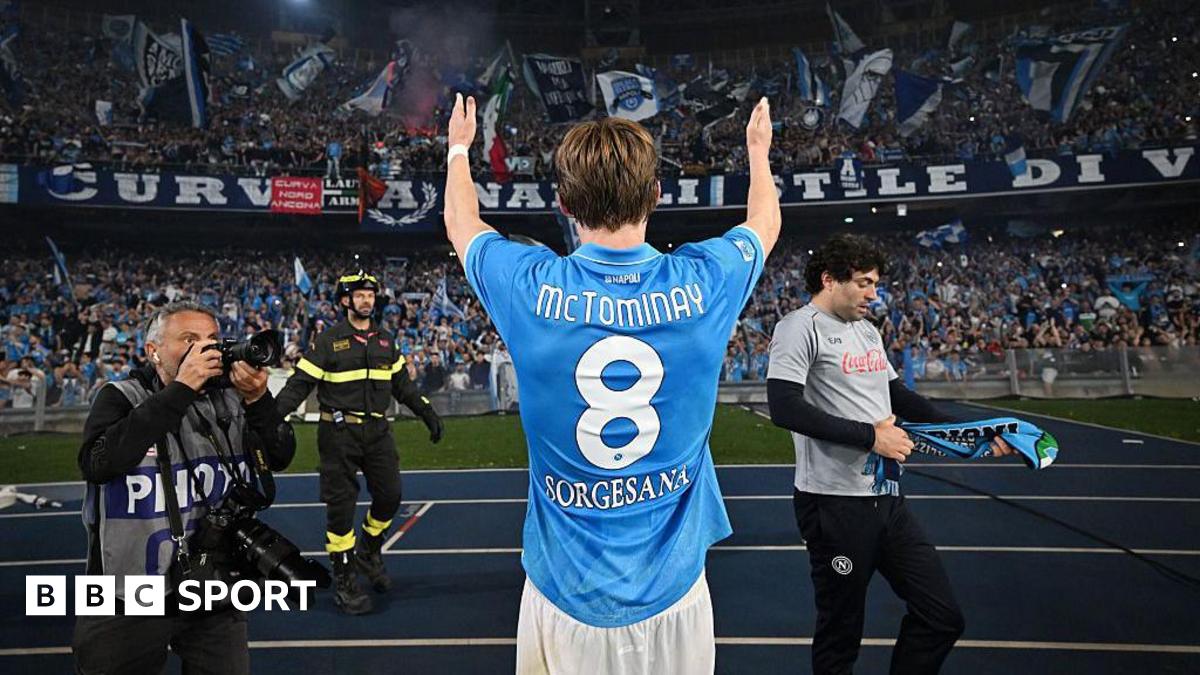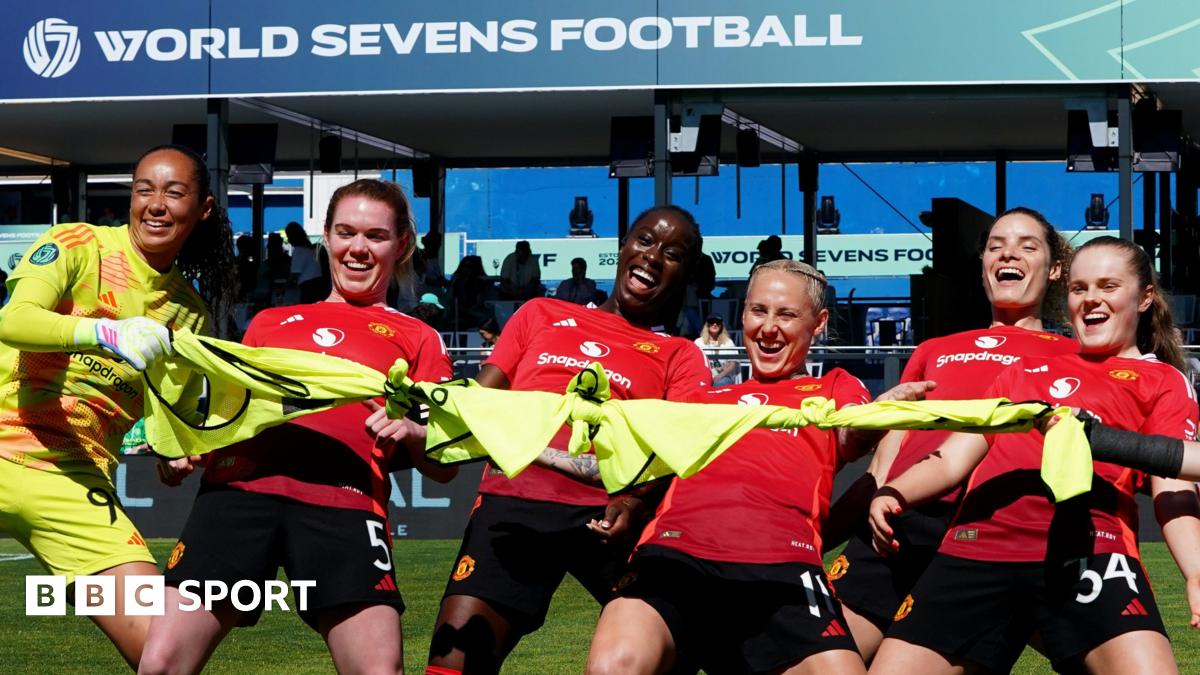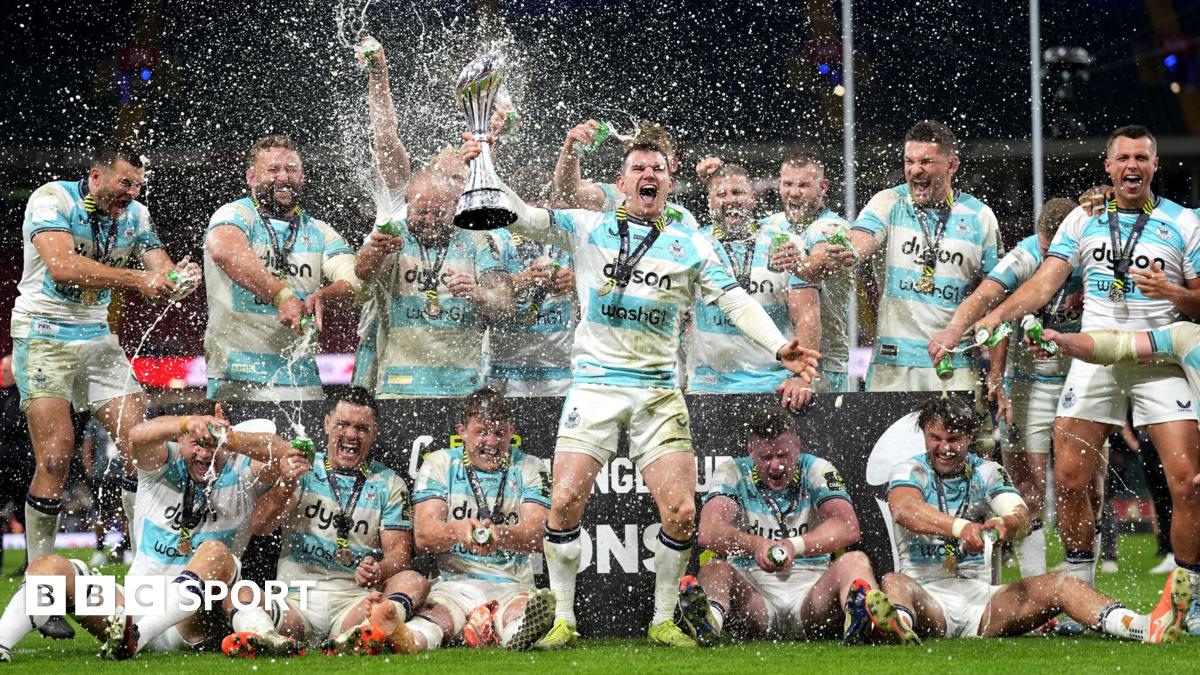ARTICLE AD BOX
"Too much money, too soon, and the inability to deal with all that brings".
The words of Sean O'Shea, a football coach who is trying to help Brandon Williams get back into professional football, were read out in Chester Magistrates Court on Friday - and best sum up the 24-year-old former Manchester United player's downfall.
Williams was, in O'Shea's words, the kind of young man he comes across often.
Someone who had been given "little guidance on the pitfalls of being a footballer".
That is part of the explanation for how Williams ended up behind the wheel of a grey Audi A3, in August 2023, driving at speeds of up to 99mph along the A34 near Wilmslow in Cheshire, frightening fellow drivers with his erratic driving, dangerously overtaking one vehicle before clipping another and ended up slamming his car into the central reservation.
On Friday, Williams was given a 14-month prison term for the incident, suspended for two years. He also has to carry out 180 hours of community service and has been banned from driving for three years.
The court was told Williams had been seen with a balloon at his mouth. The 24-year-old's defence barrister told the court while the former United player had "previously used nitrous oxide", he was "not under the influence of Class C drug" at the time of the incident - but accepted the gas was being used by a passenger in the car.
Williams, who also played on loan for Norwich City and Ipswich Town, was released by United in 2024, and is now free to resume his career.
Before the sentencing hearing, Williams managed to avoid the hustle and bustle of the public area servicing the four courts on the first floor of the court building and instead was allowed to wait in a side room.
Even though it is almost 17 months since his last appearance, for Ipswich in the Championship, and over three years since he last played in the Premier League for Norwich, there were still cheers for Williams from a couple of United supporters as he left the court building.
Williams did not speak during the hearing or when he left, although his dad complained at photographers attempting to get shots of his exit.
He has been described as "distant" by sources who had worked around the player during his career, someone who had emerged from a tough upbringing in Manchester but retained the "streetfighter" instinct, which was initially praised by pundits such as Gary Neville.
This attitude has served Williams well on the football field - but less so away from the pitch.
While there are no reports of of him turning up late for training or behaving particularly badly, it was felt he was always "on the edge of something" - former coaches have told BBC Sport.
When making the breakthrough from academy player to the first-team under Ole Gunnar Solskjaer in 2019 - usurping England defender Luke Shaw - Williams was hailed in some quarters as the potenial successor to the United great Neville.
He went on to make 51 appearances for the club and featured in the Champions League.
The court heard his career turned around the outbreak of Covid pandemic in March 2020.
Williams himself has admitted the difficulty in trying to take part in United training sessions on Zoom. He was still living with his parents and was amazed at the size of some of the homes his team-mates had and the space it afforded them.
The court was told how Williams had isolated himself, which had affected his mental health. Moving away from his family, it was said by sources who worked with him, also took away the support network that kept him grounded.
In podcast interviews given recently, including one with former goalkeeper Ben Foster, Williams spoke about his spell at Ipswich when things "were starting to go crazy off the pitch, with friends and stuff like that".
He said: "I ended up coming back to Manchester, sorted a lot of things out. Things got worse...
"I go into this mode where I just don't care. I have this switch where I don't care what happens. They [family and friends] wanted me to get back to football but they could see I'd fallen out of love with.
"It hurts me watching football now because I just want to be there, I just want to play. I miss being in a team, on the coach, travelling to games, having meals together and just doing things.
"I want to have that feeling again of winning and being around the changing room environment."
This, in part, offers an explanation for his behaviour on the night of the incident which Williams accepted was "stupid", that he had no defence for and which he now regrets.
Defending Williams in court, Richard Littler said the player regretted his actions.
It was also said Williams was prepared to deal with any punishment imposed by the court, which could have been an 18-month jail term.
"In his report, the probation officer described him as a young man who is genuine in his realisation of the gravity of his actions," said Littler.
"He told him it was underpinned by lack of maturity, stupidity and trying to be ostentatious."
Williams admitted to the probation officer that he had "been driving like an idiot" and thought he had insurance but didn't.
At the time, Williams had eight endorsements on his licence and had previously been disqualified under the totting up procedure.
In issuing his decision, Judge Eric Lamb said Williams received credit for a guilty plea but showed "deliberate disregard" for the safety of others.
He has been described to BBC Sport by several sources as a young man who was not particularly responsible or had any deep understanding of the wider demands of his profession.
However the court also heard how Williams had been working with two fitness coaches, including O'Shea, in the hope of landing a new contract this summer.
"In the last few years, Brandon Williams has had to live with significant mental health and neurological issues," Littler said.
"He is in a better shape mentally and physically right now."

 5 hours ago
1
5 hours ago
1








 English (US) ·
English (US) ·